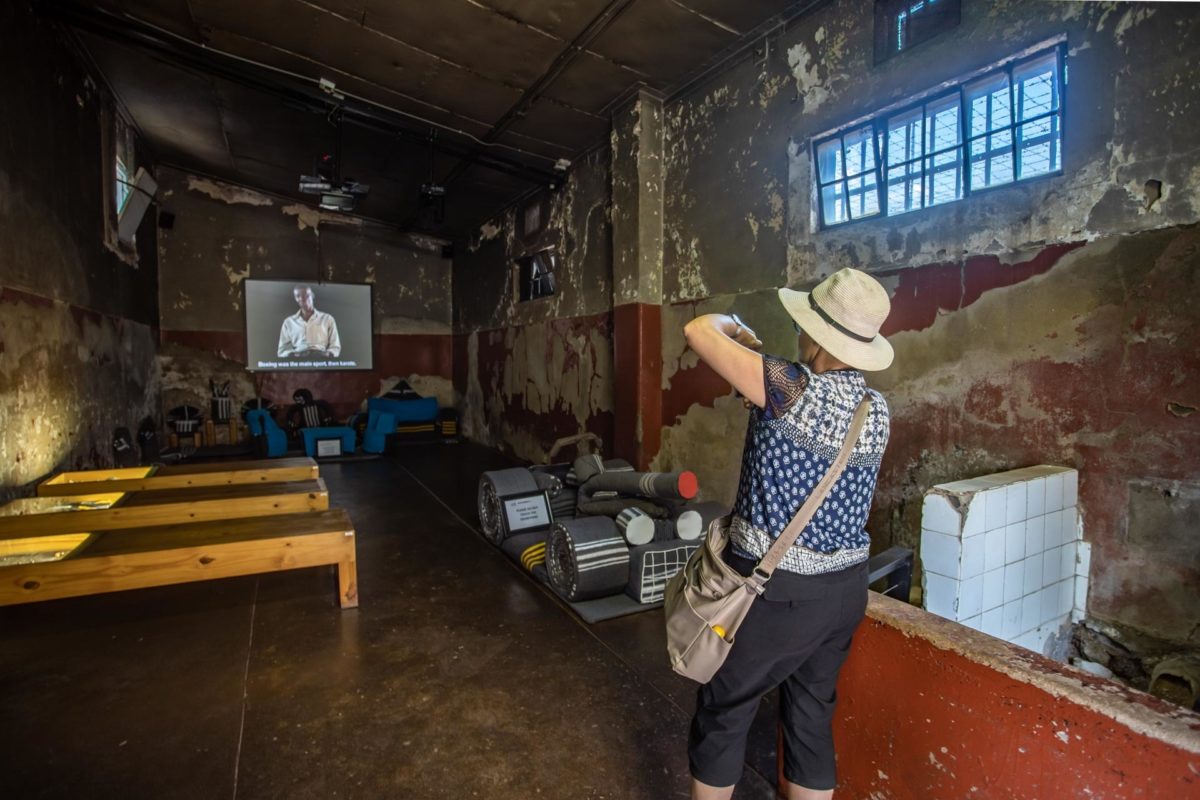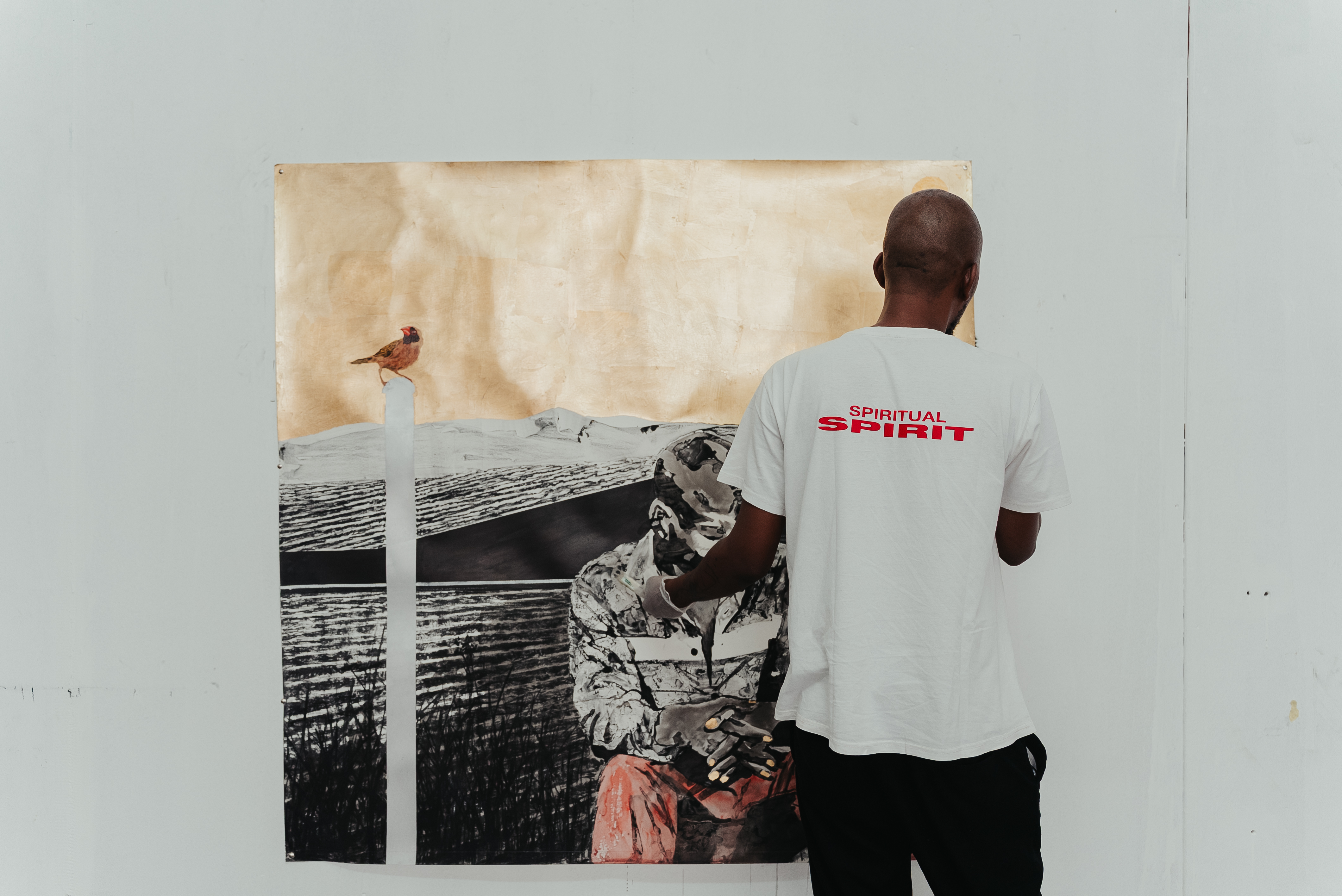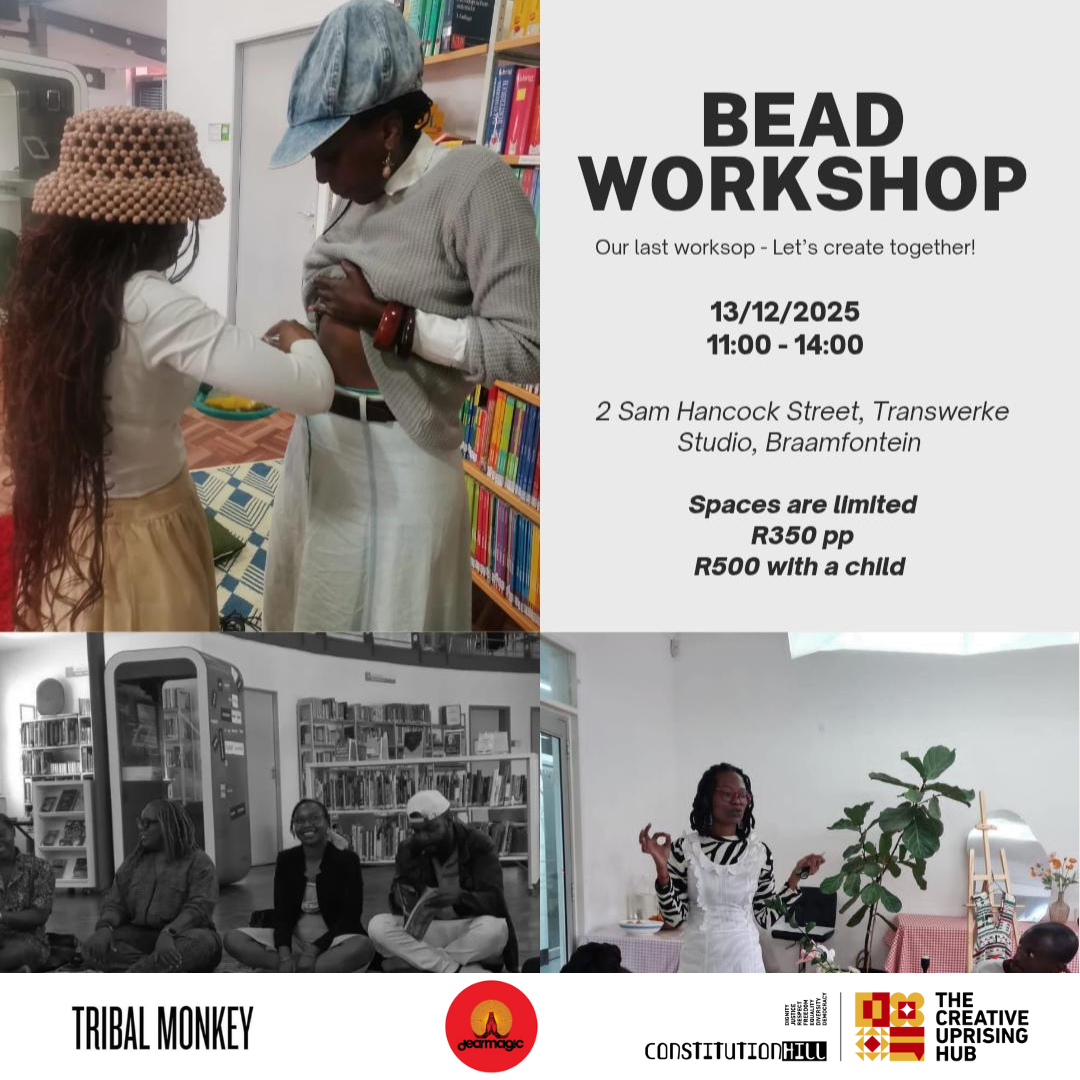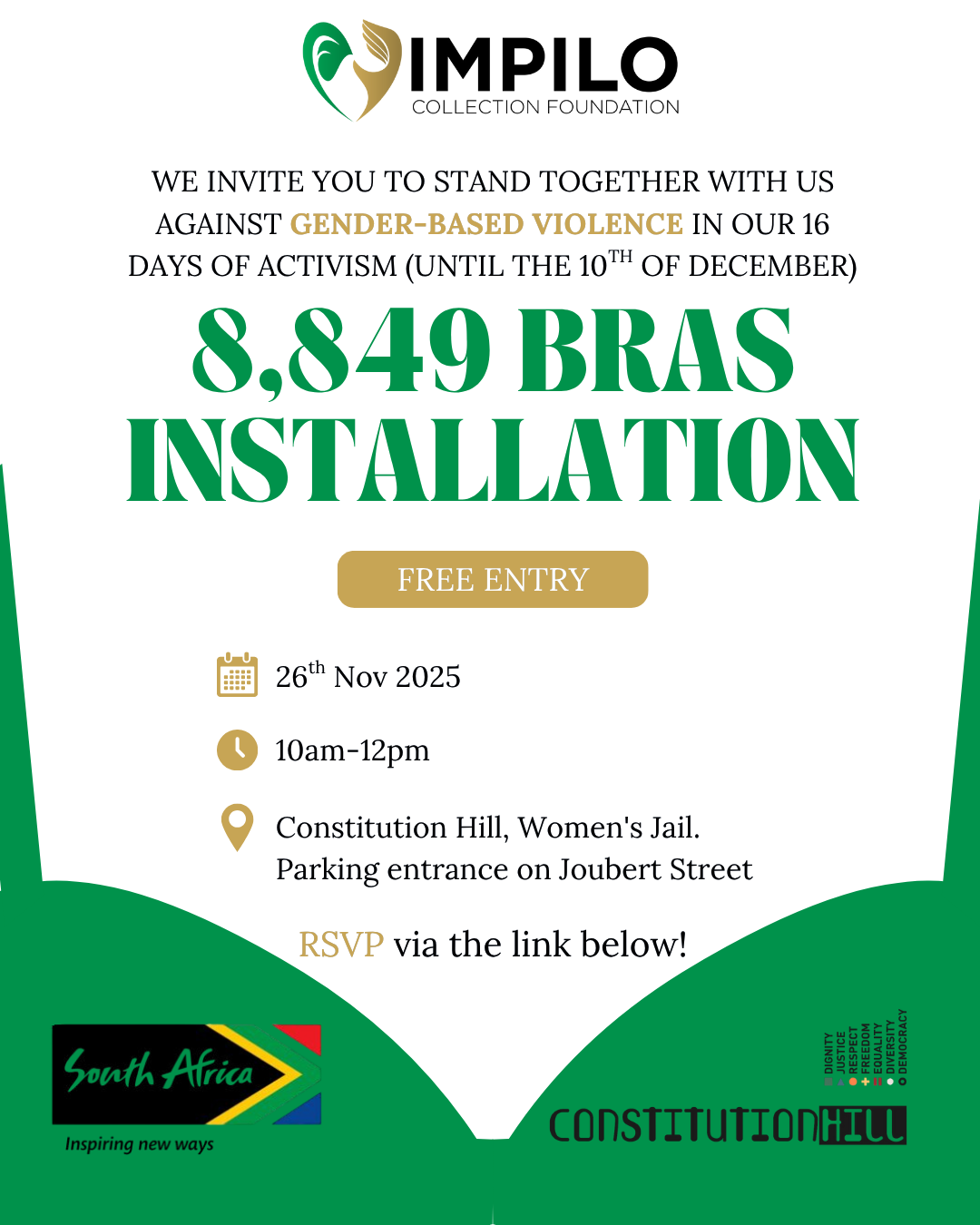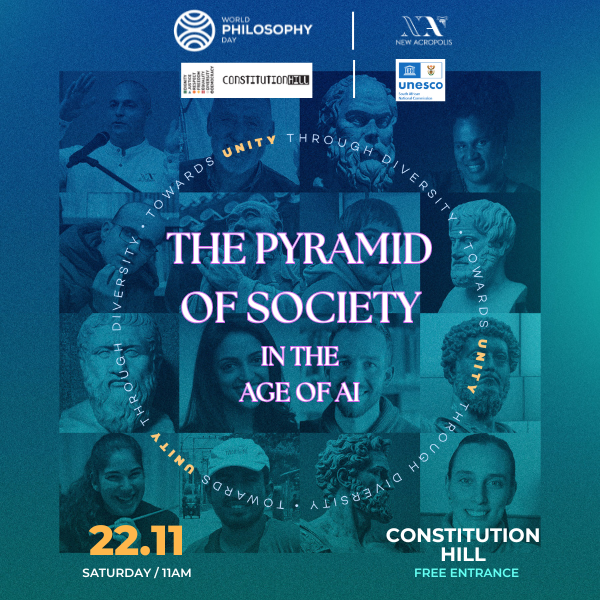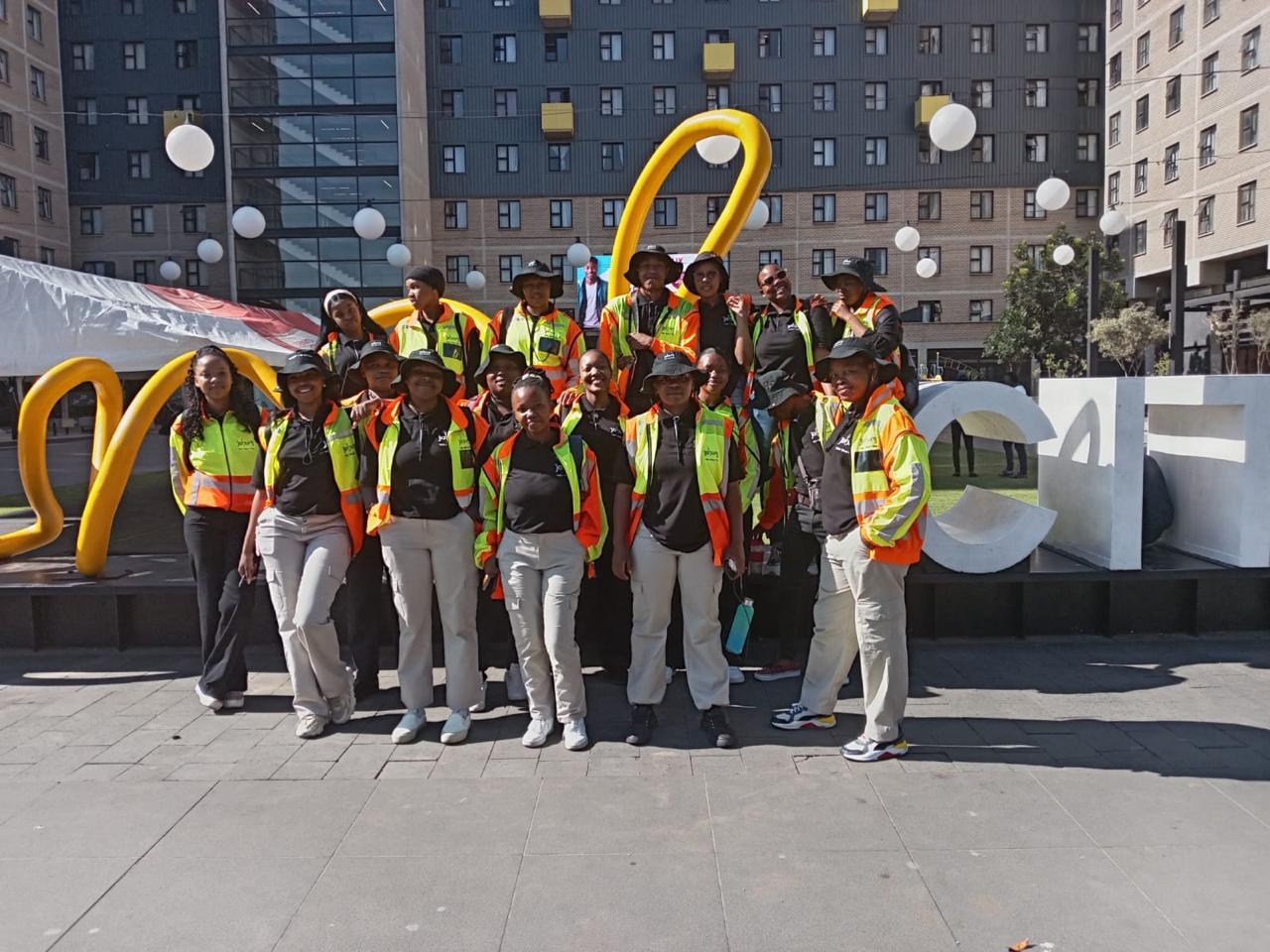In the aftermath of the Sharpeville Massacre in 1960, then African National Congress deputy president Oliver Reginald Tambo embarked on a “mission in exile” to garner international support for the South African liberation movement. His mission would take him around the world, leading to the formation of the British-led Anti-Apartheid Movement.
The movement’s goals were to isolate South Africa’s apartheid regime economically and through sporting, cultural and academic boycotts, while calling for an arms trade ban on the country. The movement scored historic victories, including South Africa’s expulsion from the Olympics and from the world tennis, football and cricket bodies. Multinational companies Shell, Barclays Bank, General Motors, Polaroid and many others divested from South Africa.
Inspired by the successful boycott and isolation of apartheid South Africa, Palestinians in 2005 called on the international community to support a non-violent campaign of boycott, divestment and sanctions (BDS) against Israel until the latter complies with international law and respects human rights.
Boycott, Divest and Sanctions (BDS) South Africa is the local chapter of the international BDS movement and part of the broader Palestine solidarity movement in South Africa. We are part of a larger group of organisations that boycott Israel in South Africa, including student organisations, trade unions, political parties, religious groups, non-governmental organisations, and many segments of the broader South African civil society movement.

Our campaigns are wide-ranging and include calls for sporting, cultural, business and government sanctions against Israel. Notably, the academic boycott of Israel, which advocates for a boycott of Israeli academic institutions for being complicit in Israel’s denial of Palestinian rights that are stipulated in international law, has made significant strides in South Africa.
The Tshwane University of Technology and the University of Johannesburg have both cut ties with Israeli academic institutions and have pledged to keep it that way until Palestine is free. Several student representative councils of local universities have joined the call, pledging to make their campuses apartheid-free zones.
Various artists have also declined to perform or have discouraged others from performing in Israel. Recently, South African house music duo Black Motion turned down an invitation to perform at Israel’s Meteor Festival, while Lana del Rey and Lorde are among those who have cancelled their shows there.
Poets Lebo Mashile and Natalia Molebatsi, hip-hop artist Stogie T and Inxeba film director John Trengove are among the prominent South Africans in the arts who support the Palestinian cause for freedom, their ranks swelled by international stars such as musicians Talib Kweli, John Legend and Lauryn Hill, and actor Mark Ruffalo.
BDS South Africa is based in Braamfontein, Johannesburg, and we have an exciting staff complement of young activists and volunteers. We encourage you to visit us and join our campaigns.
Find us on Twitter: @bdssouthafrica; Facebook: @bdssouthafrica; Instagram: @bdssouthafrica; email: media@bdssouthafrica.com; website: www.bdssouthafrica.com
Desai is co-founder and director of BDS South Africa

 +27 11 381 3100
+27 11 381 3100
